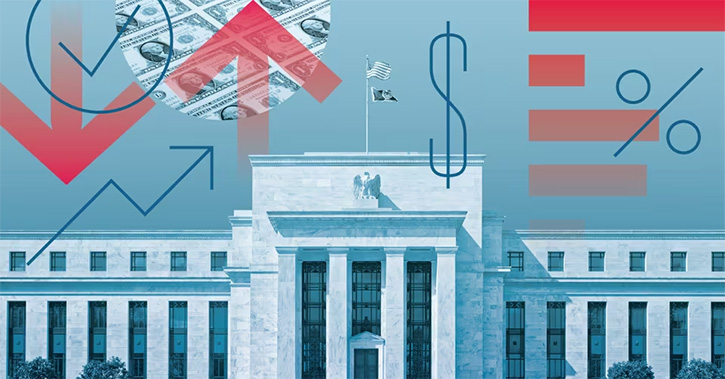Christian Charest: For Morningstar I'm Christian Charest. We're talking today with Steve Wendel, he is the head of behavioural science research here at Morningstar.
Steve, thank you very much for talking with us today.
Steve Wendel: Thanks for having me.
Charest: One interesting aspect of behavioural finance is the notion that some ideas that may appear intuitive at first glance are in fact bad for investors, and one example of that is the notion of choice. Now we might think at first that having more options may lead to better investment decisions, but that's not always the case.
Wendel: No, indeed. And in particular, what we call the paradox of choice is paramount here. When individuals ask for more options on their pension fund, from their brokerage accounts, and look for exotic funds, they are sincerely expressing desire. We as investors, we naturally want more choices. The paradox comes in that so often, when confronted with these choices on our pensions or otherwise we can become overwhelmed. We say "well, there are so many choices here, this is clearly an essentially decision, I need to wait, I don't have the, I am not rested enough, I am not thoughtful enough, I need to do this later." And then we procrastinate, we procrastinate, we procrastinate. It's a difference between what we call our fast or intuitive thinking and our deliberative thinking. Our deliberative mind, our conscious rational mind, says "give me all the choices, I can take it, I am going to find the best choice." Our reactive or our fast thinking says, "Oh man, that's a lot, I need to do this later."
Charest: Richard Thaler, this year's recipient of the Nobel Prize in Economics, did some research on that in the United States on pension plans where he found that restricting choices actually led to better outcomes for a lot of people.
Wendel: Yes, there are a variety of good reasons why having fewer choices can benefit investors. But we need to very careful here. We don't necessarily have to say, "okay, there are fewer options on pension plans, there are fewer options to invest overall." Instead what we want to do is structure the options so that, for the real experts, they have all the choices they want and all the data that they need to analyze those appropriately. But we should understand that for most people that's overwhelming. And so, we give a few good defaults, let's say well for most people here's a target date, here's your glide path over time. Or for most people here's just a normal stock and bond fund. So, you do that, that tiered approach, we find it to be very valuable.
Charest: If I am an investor and I am aware of this issue what can I do to tweak my behaviour to account for this bias.
Wendel: Sure. So, unfortunately this is how we are wired. So fundamentally we shouldn't expect that when we know about the paradox of choice we'll suddenly be able to overcome it, just through will power. Instead we look for how to prepare ourselves for that moment. How do we structure the decision to help us? One of those ways to structure as I mentioned is the default. Look at the option that has the strong analysis behind it and use that as your anchor. Do I really need to move to something else, rather than confronting all of the choices at one time? Then there are some things that are just more mundane. We're better at making complex decisions when we are well rested, when we've had food, when we're not busy thinking of lots of other things. It seems, as I mentioned mundane, but it's not trivial. That's tremendously important for us to make solid decisions as the research shows.
Charest: And as with many behavioural issues, this is probably something that an advisor can play an important role in helping investors.
Wendel: Yes, indeed, indeed. Because the advisor can specifically structure those options, to give the power users everything they want and to give everyone else a clear recommendation. So, structuring the information in a way that investors can really succeed but never removing the choice.
Charest: Steve, thank you very much for sharing your insights with us today.
Wendel: Happy to be here.
Charest: For Morningstar I'm Christian Charest. Thank you for watching.




















